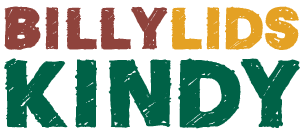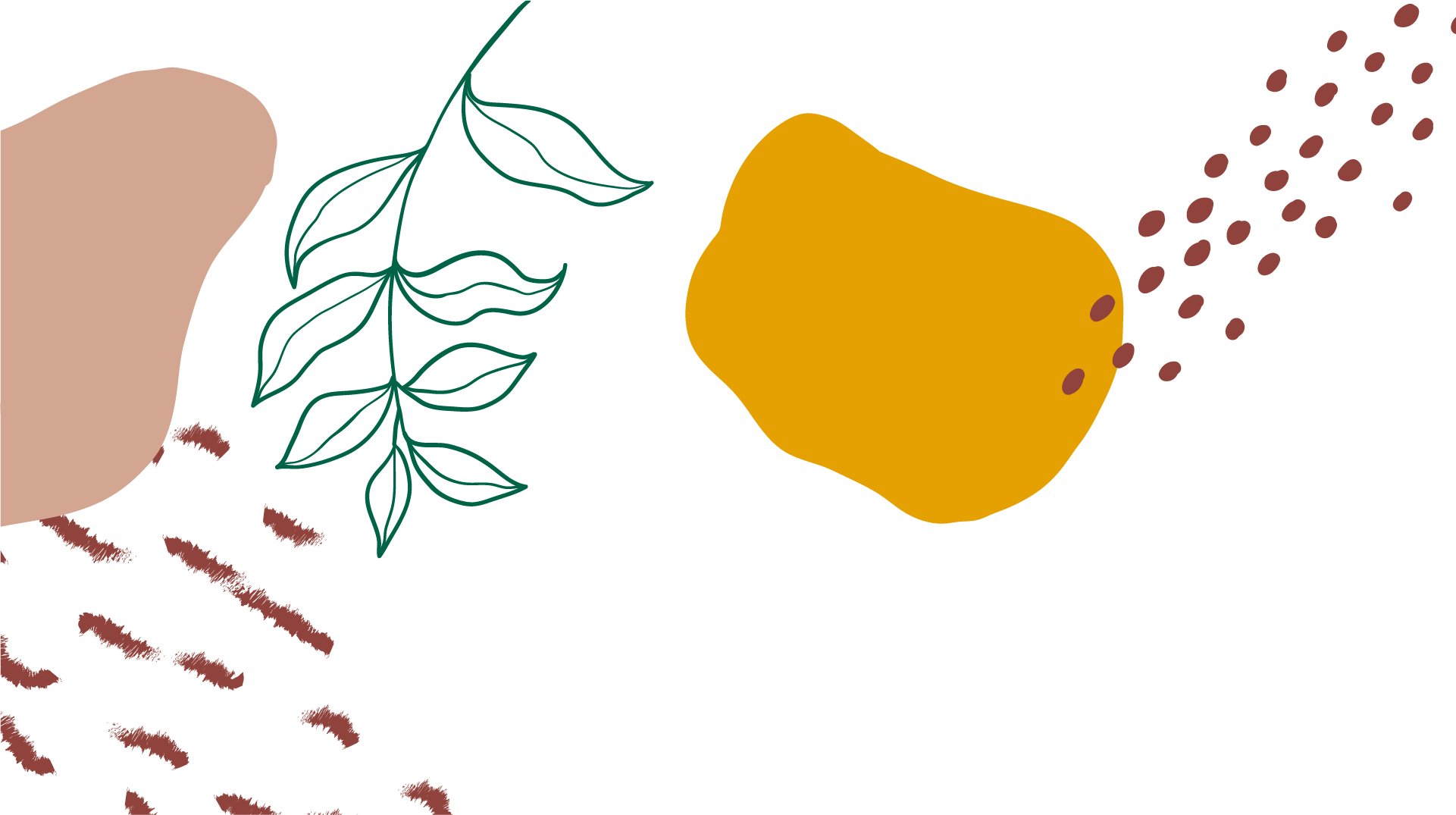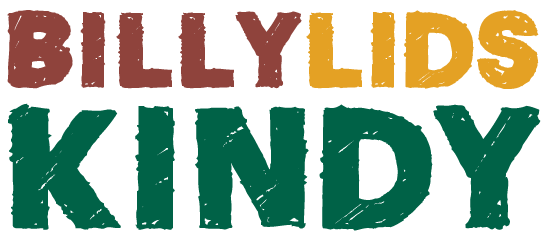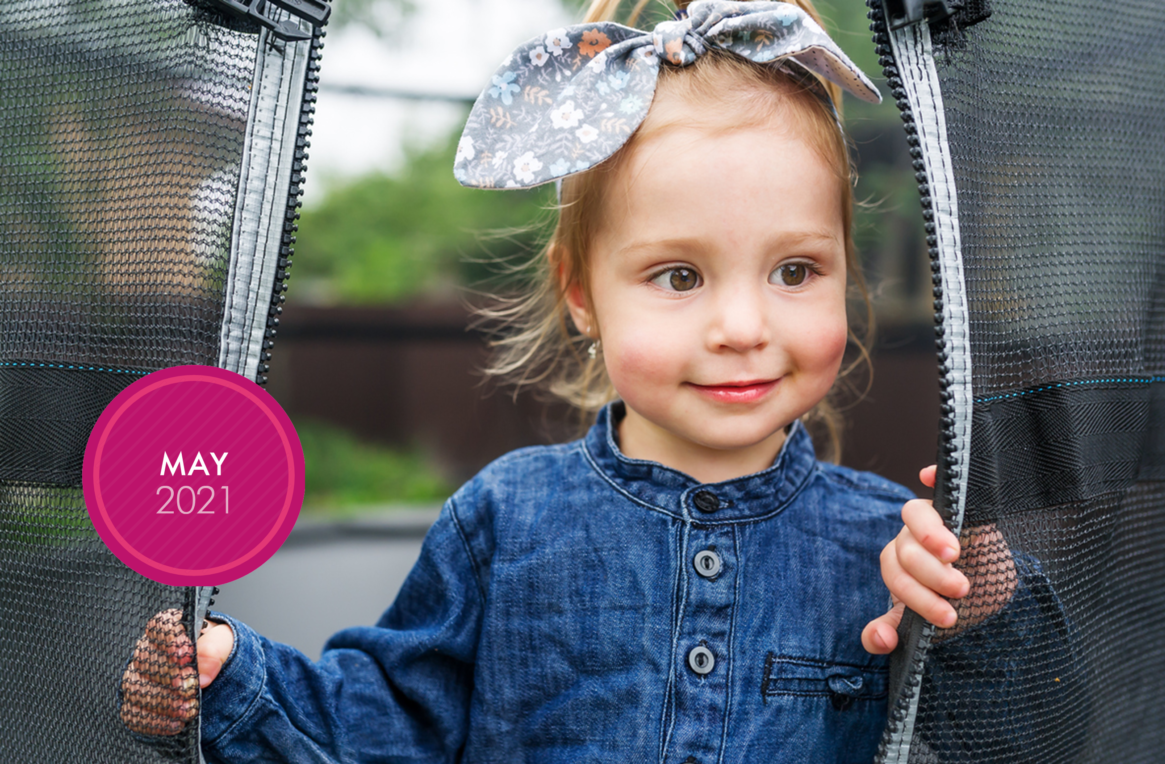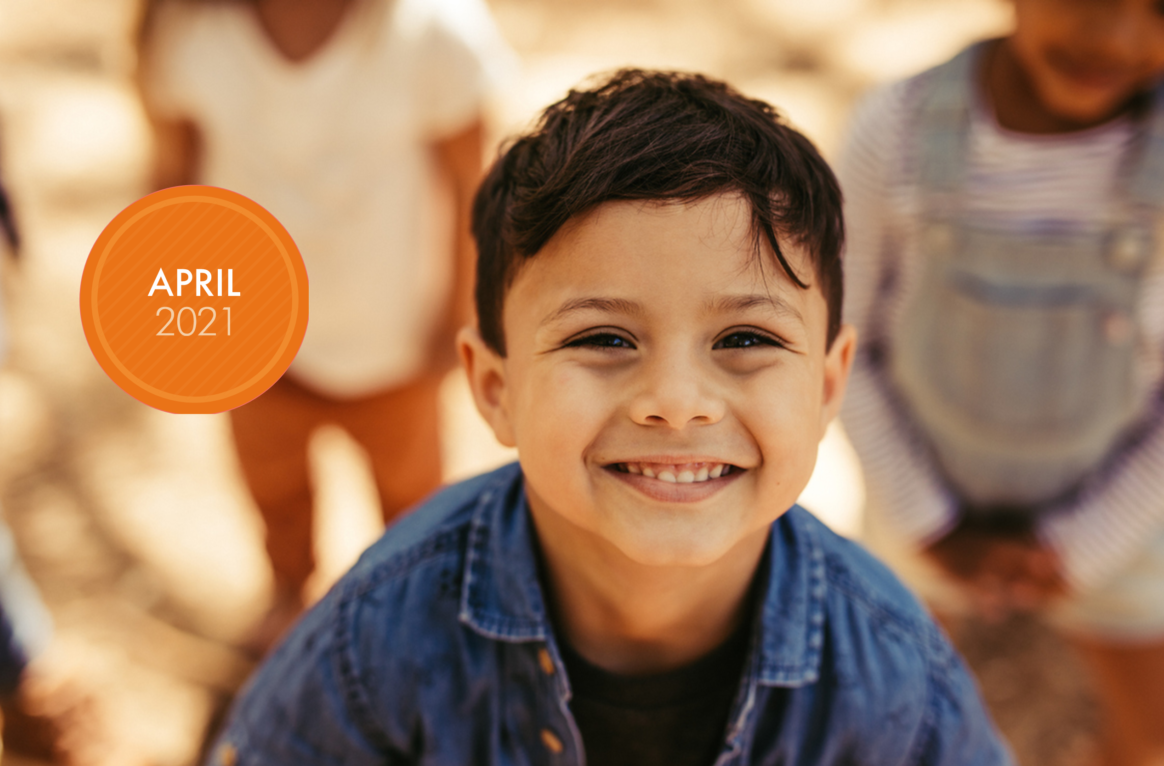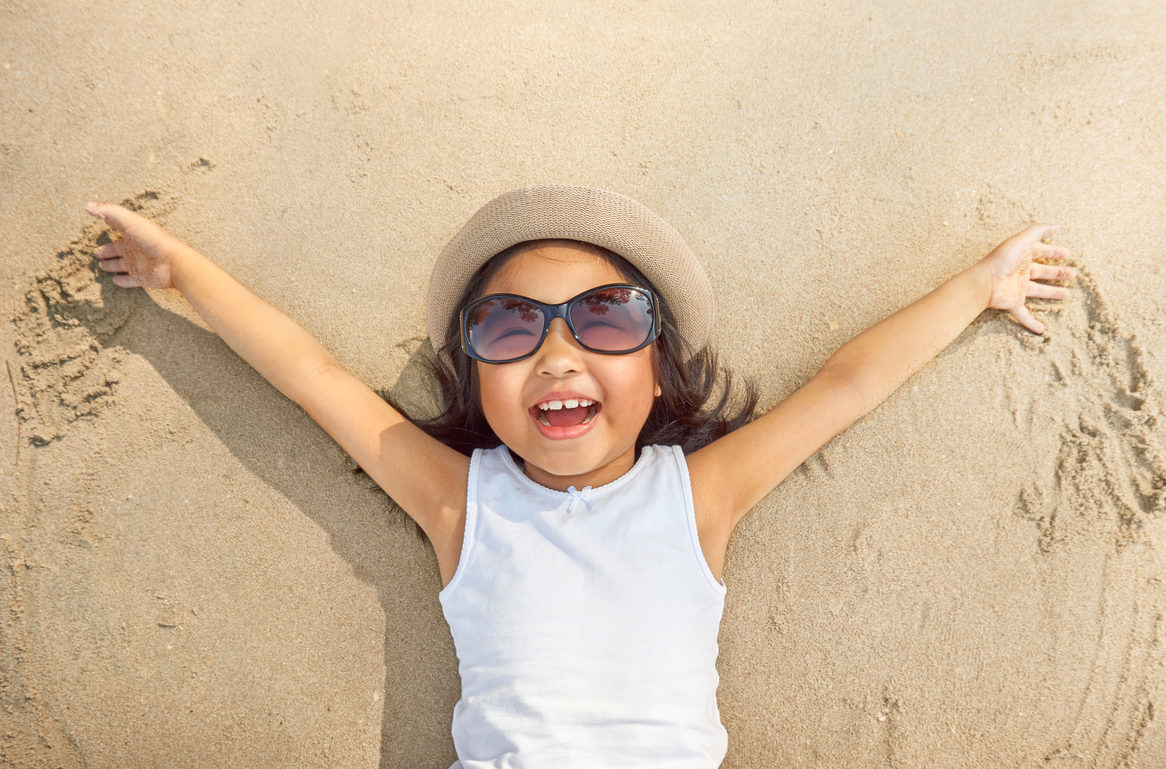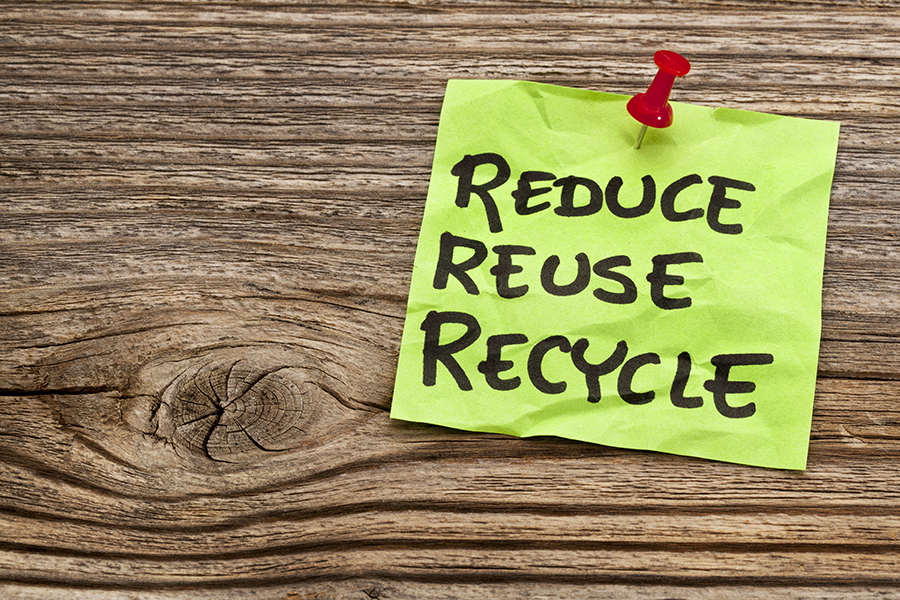
Sustainability
At Billy Lids we believe that a sustainable business is dependent on economic vitality, social equity and a healthy natural environment. We do not see these goals as mutually exclusive, but inextricably linked. As business leaders we are committed to develop sustainable business practices that meet the needs of the present without compromising the welfare of future generations. We pledge to develop strategies that enable us to move toward sustainability while enhancing the value offered to our parents and children in care.
Policy
Our Centre actively participates in caring for our environment and promotes sustainable practices through educating and working with the children, families and wider community.
Learning about sustainability starts with everyday practice. Babies and toddlers can begin by watching adults model these behaviours. They may learn through song or rhyme as educators verbalise what they are doing. Children over three can begin to reason why practices are needed and to understand the impact that their actions have on the planet.
Our Children – are our future and will be the caretakers of our environment
Sustainable practices are embedded in the children’s daily routine and in their day-to-day activities, these include:
- Using recyclable materials where possible.
- Encouraging children to use half flush on the toilets,
- Encouraging children to turn the water off when they have washed their hands,
- Encouraging children to recycle paper and rubbish within their rooms, at home and when in the wider community,
- Talking with the children about electricity and encouraging them to turn off lights,
- Educating children in the natural decomposition cycle through exposure and participation in worm farms and composting food scraps,
- Educating children and having them participate in ‘garden to plate’ activities i.e. seed sprouting, weeding, vegetable gardens, cooking amongst other activities,
- Educating children in how to care for pets and letting them actively participate in caring for the Centre pet,
- Educating children on caring for plants and our waterways i.e. recycling water etc
Our Families and wider community – are the guardians of our most important assets
Our families and the wider community are encouraged to adopt sustainable practices and share ideas as a commitment to our children and their future, these include:
- Accessing the displays and literature provided about environmental protection at our Centre,
- Promoting the use of environmentally friendly products in the home (where possible),
- Recycling to reinforce Centre practices around sustainability,
- Participation in Centre activities, events and forums relating to conservation, sustainability and maintaining a healthy environment,
- Reusing materials where possible e.g. boxes for craft,
- Building partnerships with our educators in teaching our children sustainable practices at home i.e. turn off taps when brushing teeth, having shorter showers, turning off lights, putting on a jumper instead of turning the heater on etc.
Our Educators – are the early learning framework that scaffolds the future of our children
We will embrace the learning opportunities we provide to our children, families and the wider community, these include:
- Using natural resources where possible such as drying washing outdoors in the sun,
- Promoting awareness of the environment through ‘green housekeeping practices’ such as healthy eating, gardening, minimising waste, recycling and reducing water and energy consumption.
- Assist children in developing an understanding and respect for the environment and encourage critical thinking.
- Working with children and families to research the native wildlife.
- Role modelling practices that encourage sustainability through recycling, water conservation, electricity usage etc, this includes:
- Educators, educating children about caring for our environment.
- Recycling water from water play into the gardens,
- Emptying the children’s drinking bottles onto the garden,
- Asking families to bring in recyclable items to use for arts and craft,
- Utilising environmentally friendly products (where possible).
- Planning excursions and incursions focussed on sustainable practices, such as:
- Contacting the council to present educational opportunities for sustainability workshops and events.
- Visiting Billabong Sanctuary and learning about the animals and conservation (perhaps sponsoring an animal.)
- Inviting families and other community members to share their sustainable ideas and practices.
